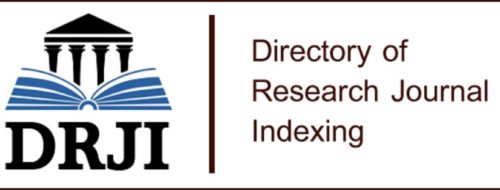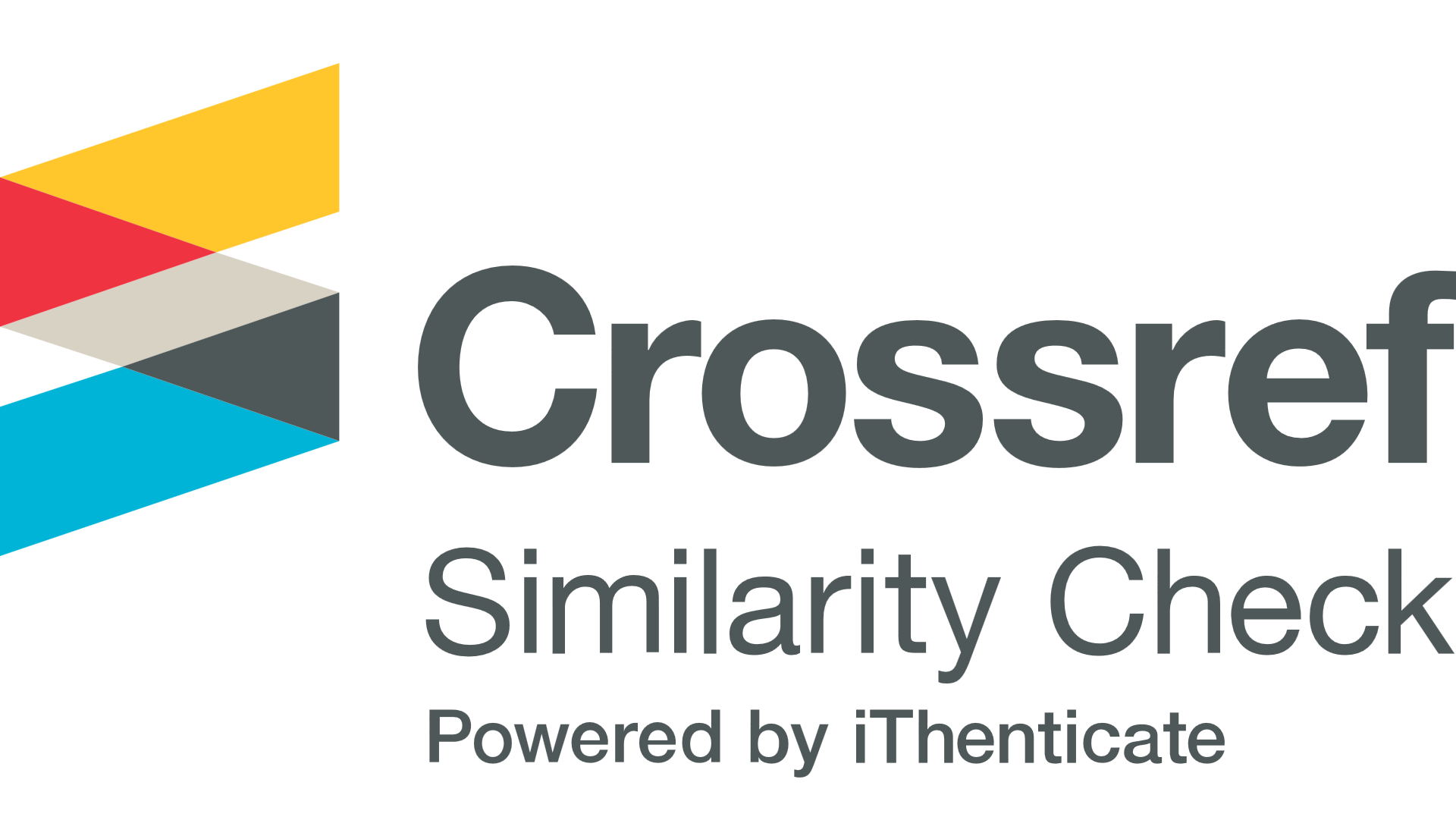Sostenibilidad y gestión de las construcciones civiles para las viviendas comunitarias basadas en ODS
Palabras clave:
sostenibilidad, gestión de construcciones, viviendas comunitarias, Objetivos de Desarrollo Sostenible, planificación urbanaResumen
DOI: https://doi.org/10.46296/ig.v8i15.0269
Resumen
Este trabajo analiza la relación entre la sostenibilidad y la gestión de las construcciones civiles aplicadas a viviendas comunitarias, en el marco de los Objetivos de Desarrollo Sostenible (ODS). Se reconoce la necesidad de incorporar criterios técnicos, sociales y ambientales en la planificación y ejecución de proyectos habitacionales que respondan a las demandas de inclusión, resiliencia y eficiencia en el uso de recursos. La gestión sostenible implica un enfoque multidimensional que integra la participación comunitaria, la optimización de materiales y tecnologías, y la evaluación continua de impactos ambientales y sociales. Los ODS, especialmente aquellos vinculados a la vivienda adecuada (ODS 11), la infraestructura resiliente (ODS 9) y la acción climática (ODS 13), constituyen un marco estratégico para orientar políticas y prácticas en la construcción de viviendas comunitarias sostenibles. La planificación desde esta perspectiva busca superar las limitaciones de los enfoques tradicionales, promoviendo procesos constructivos que respondan a las particularidades territoriales y fomenten el bienestar colectivo. El estudio destaca la importancia de la coordinación interinstitucional y la participación social para lograr una gestión eficaz y adaptada a los contextos locales. Además, resalta la necesidad de contar con instrumentos de monitoreo que permitan medir la sostenibilidad y ajustar las estrategias según los resultados. En definitiva, la sostenibilidad y gestión eficiente de las construcciones civiles son fundamentales para alcanzar viviendas comunitarias que contribuyan al desarrollo sostenible y a la mejora de la calidad de vida de sus habitantes.
Palabras clave: sostenibilidad, gestión de construcciones, viviendas comunitarias, Objetivos de Desarrollo Sostenible, planificación urbana.
Abstract
This study analyzes the relationship between sustainability and the management of civil constructions applied to community housing within the framework of the Sustainable Development Goals (SDGs). It recognizes the need to incorporate technical, social, and environmental criteria in the planning and execution of housing projects that address inclusion, resilience, and resource efficiency demands. Sustainable management involves a multidimensional approach that integrates community participation, optimization of materials and technologies, and continuous evaluation of environmental and social impacts. The SDGs, especially those related to adequate housing (SDG 11), resilient infrastructure (SDG 9), and climate action (SDG 13), provide a strategic framework to guide policies and practices in constructing sustainable community housing. Planning from this perspective seeks to overcome the limitations of traditional approaches by promoting construction processes that respond to territorial particularities and foster collective well-being. The study highlights the importance of inter-institutional coordination and social participation to achieve effective management adapted to local contexts. It also underscores the need for monitoring tools to measure sustainability and adjust strategies based on results. Ultimately, sustainability and efficient management of civil constructions are fundamental to achieving community housing that contributes to sustainable development and improved quality of life for its inhabitants.
Keywords: sustainability, construction management, community housing, Sustainable Development Goals, urban planning.
Información del manuscrito:
Fecha de recepción: 24 de febrero de 2025.
Fecha de aceptación: 30 de mayo de 2025.
Fecha de publicación: 16 de junio de 2025.
Citas
Battisti, F. (2023). SDGs and ESG Criteria in Housing: Defining Local Evaluation Criteria and Indicators for Verifying Project Sustainability Using Florence Metropolitan Area as a Case Study. Sustainability, 15(12), 9372.
Del Arco, I., Ramos-Pla, A., Zsembinszki, G., de Gracia, A., & Cabeza, L. F. (2021). Implementing sdgs to a sustainable rural village development from community empowerment: Linking energy, education, innovation, and research. Sustainability, 13(23), 12946.
Fei, W., Opoku, A., Agyekum, K., Oppon, J. A., Ahmed, V., Chen, C., & Lok, K. L. (2021). The critical role of the construction industry in achieving the sustainable development goals (SDGs): Delivering projects for the common good. Sustainability, 13(16), 9112.
Franco, I. B., & Tracey, J. (2019). Community capacity-building for sustainable development: Effectively striving towards achieving local community sustainability targets. International Journal of Sustainability in Higher Education, 20(4), 691-725.
Goubran, S. (2019). On the role of construction in achieving the SDGs. Journal of sustainability research, 1(2).
Horry, R., Booth, C. A., Mahamadu, A. M., Manu, P., & Georgakis, P. (2022). Environmental management systems in the architectural, engineering and construction sectors: a roadmap to aid the delivery of the sustainable development goals. Environment, Development and Sustainability, 24(9), 10585-10615.
Omer, M. A., & Noguchi, T. (2020). A conceptual framework for understanding the contribution of building materials in the achievement of Sustainable Development Goals (SDGs). Sustainable Cities and Society, 52, 101869.
Opoku, A. (2016, September). SDG2030: A sustainable built environment’s role in achieving the post-2015 United Nations Sustainable Development Goals. In Proceedings of the 32nd Annual ARCOM Conference (Vol. 2, pp. 1149-1158). Manchester, UK: Association of Researchers in Construction Management.
Opoku, A. (2022). Construction industry and the sustainable development goals (SDGs). In Research Companion to Construction Economics (pp. 199-214). Edward Elgar Publishing.
Wakely, P. (2020). Partnership: a strategic paradigm for the production & management of affordable housing & sustainable urban development. International Journal of Urban Sustainable Development, 12(1), 119-125.
Publicado
Cómo citar
Número
Sección
Licencia
Derechos de autor 2025 Revista Científica INGENIAR: Ingeniería, Tecnología e Investigación. ISSN: 2737-6249.

Esta obra está bajo una licencia internacional Creative Commons Atribución-NoComercial-CompartirIgual 4.0.

















